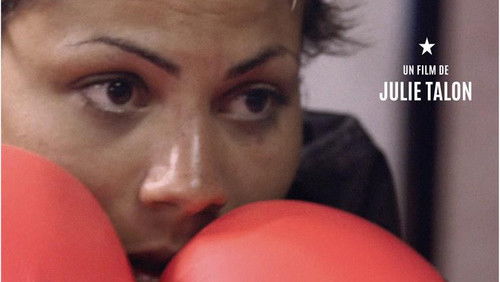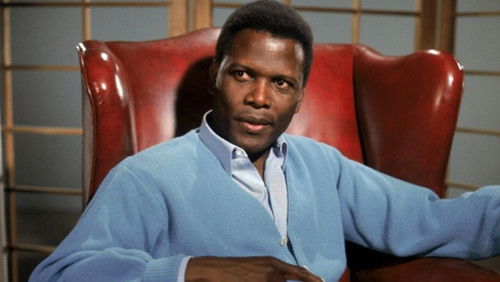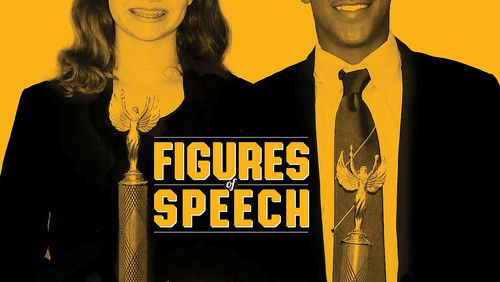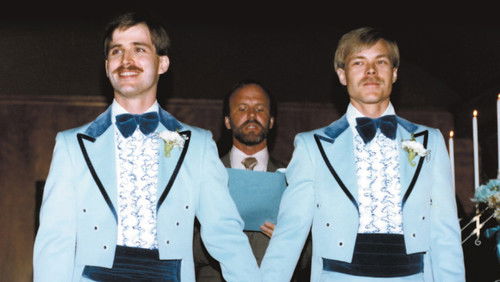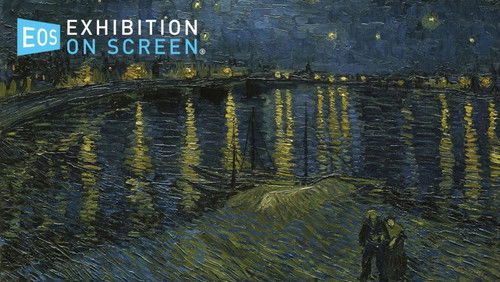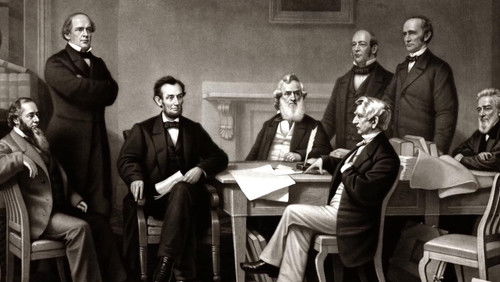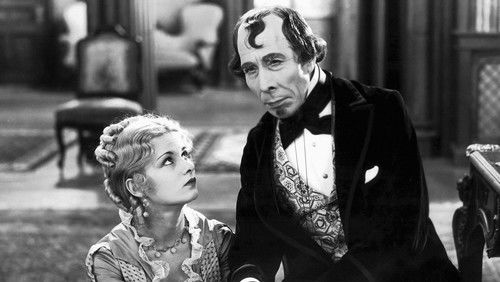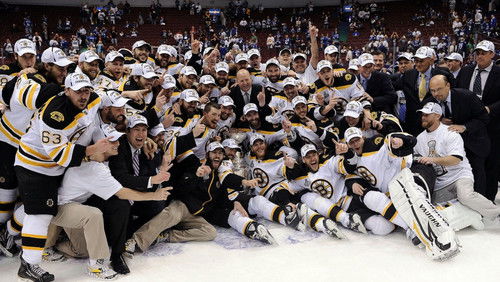The Fog of War (2003)
31KThe Fog of War: Directed by Errol Morris. With Robert McNamara, Fidel Castro, Barry Goldwater, Lyndon B. Johnson. The story of America as seen through the eyes of the former Secretary of Defense under President John F. Kennedy and President Lyndon B. Johnson, Robert McNamara.
“At the age of 87, Robert S. McNamara sits to be interviewed by documentary maker Errol Morris. He relates his experiences over his lifetime and talks about his success and his failures and the lessons he has learnt. Starting out as the youngest professor at Harvard university, McNamara talks about his drafting into a special unit during WW2 where bombing sorties were statistically analysed and looking for improvements. The teamu0026#39;s findings and recommendations resulted in a change of bombing strategy that was so efficient that it killed 1.9 civilians in 67 Japanese cities. Following the war he carried these same skills to accident and sales analysis for Ford before becoming JFKu0026#39;s Secretary of Defence. It was in this position that he publicly advocated the Vietnam War which led to the deaths of 47378 US soldiers and over 2 million North Vietnamese.u003cbr/u003eu003cbr/u003eI came to this film with high expectations of it being very barbed and sharp. I didnu0026#39;t know who McNamara was prior to this film but I was very quickly able to get a feel for him through the old footage, even if I doubt I held the clear view of him that many Americans do of him when he was in office. The film is mostly him talking to camera and this appears to have been its main weakness in one regard as well as being its main strength. In terms of strength, this approach gives us the intimacy of a conversation with McNamara and, while he is very guarded and clearly still very careful about how he presents himself, I found some of the statements he made to be quite honest and damning. However at the same time it seems like Morris has simply had a long list of topics and just left the camera running while he lets McNamara chat creating two problems.u003cbr/u003eu003cbr/u003eThe first problem is the u0026#39;11 lessonsu0026#39; aspects; these feel like an afterthought some way of giving a conversation a structure. However they donu0026#39;t all work as the headings donu0026#39;t always fit what is being said and it causes McNamara to jump around a little bit (time wise). Talking of jumping around the long shoots that Morris must have had must have produced very long sentences for he has had to edit them down almost into cuts of a few words and, as McNamara is an animated talker it means that he jump-cuts all over the shop very distracting and hard on the eyes at some points! Despite these problems the film still works because it is consistently interesting. McNamara seems happy to talk and he is very easy to listen to even with Morrisu0026#39; frantic editing. While I was aware that he was still the same name who had professionally glossed over a lot of things (and at times refused to get into things in the interview) he did say some things that surprised me with his honesty. For example, admitting that, had the Allies lost WW2, those involved in the firebombing of Japanese cities would likely have been tried for war crimes was a shock and was only one of several similar statements he made. However these are rather offset by how careful he is to not blame himself too much and to rather justify what he did; the film helps him out a bit as well and seems to go rather lightly on him. The only thing that makes this acceptable is that Morris has gotten his hands on recently released White House records and tapes that back up McNamarau0026#39;s claims that he was not totally in support of Vietnam (although how he has the nerve to wear a dove on his lapel is beyond me!) and the recordings of ex-presidents in conversation are worth hearing.u003cbr/u003eu003cbr/u003eThis painting of history makes the film very effective as a sobering look back at historical conflict. The most unnerving part of the film for me was McNamarau0026#39;s continued assertions that the men involved were all u0026#39;rational menu0026#39; and not crazy James Bond villains. The fact that these rational men came u0026#39;this closeu0026#39; to nuclear war is a very scary thought. Similarly, other memories of his are quite scary but funny at the same time in the same way as Dr Strangelove was for example. In fact one memory sounds like it could have come straight from the mouth of General u0026#39;Bucku0026#39; Turgidson himself and thatu0026#39;s where McNamara suggests that the US could keep its missile advantage over Russia by imposing a mutual limit on testing only to be told that the Russians would cheat by u0026#39;testing on the dark side of the moonu0026#39;! At that moment Turgidsonu0026#39;s line about a mine shaft gap did not seem so fanciful!u003cbr/u003eu003cbr/u003eAlthough his points were not as sharp and relevant towards todayu0026#39;s Administration as I had expected it was still pretty interesting as a look back with hindsight and, while he is far from broken about what he has been involved in, he certainly is not too proud to look back and judge the overall actions that occurred (even if he was reluctant to accept any more than a little bit of responsibility for his part). He is a great subject though and, like many men who have lived a life, is worth listening to even if you get the impression that he is not as reflective as he think he is. Morris is pretty much an off screen presence for the whole film, only really being heard once or twice prompting for more information.u003cbr/u003eu003cbr/u003eOverall this is a must see documentary simply because it picks back over the bones of some terrible conflicts and some terrible events and we do it with one of the men who was part of plans and decisions that killed millions. I would have liked him to be pressed more about this (he cries over JFKu0026#39;s death but not over the millions killed in u0026#39;hisu0026#39; war) but the film goes a little too easy on him, even supplying us with White House tapes that back up McNamarau0026#39;s claims that he was often a voice of reason certainly JFKu0026#39;s immediate successor is very critical of him in a phone conversation. The lack of real structure is a big problem and it may have better to pick another tack than the 11 lesson thing it doesnu0026#39;t really work and it causes some of the film to feel rather aimless and disappointing when his words donu0026#39;t actually match the u0026#39;lessonu0026#39;. However, for all itu0026#39;s flaws, the film is consistently interesting and I could honestly have sat there for hours and just listened to McNamara talk away he is a mystery and has carved out a terrible place in history but he is also a big reason that this documentary is well worth seeing at least once.”
